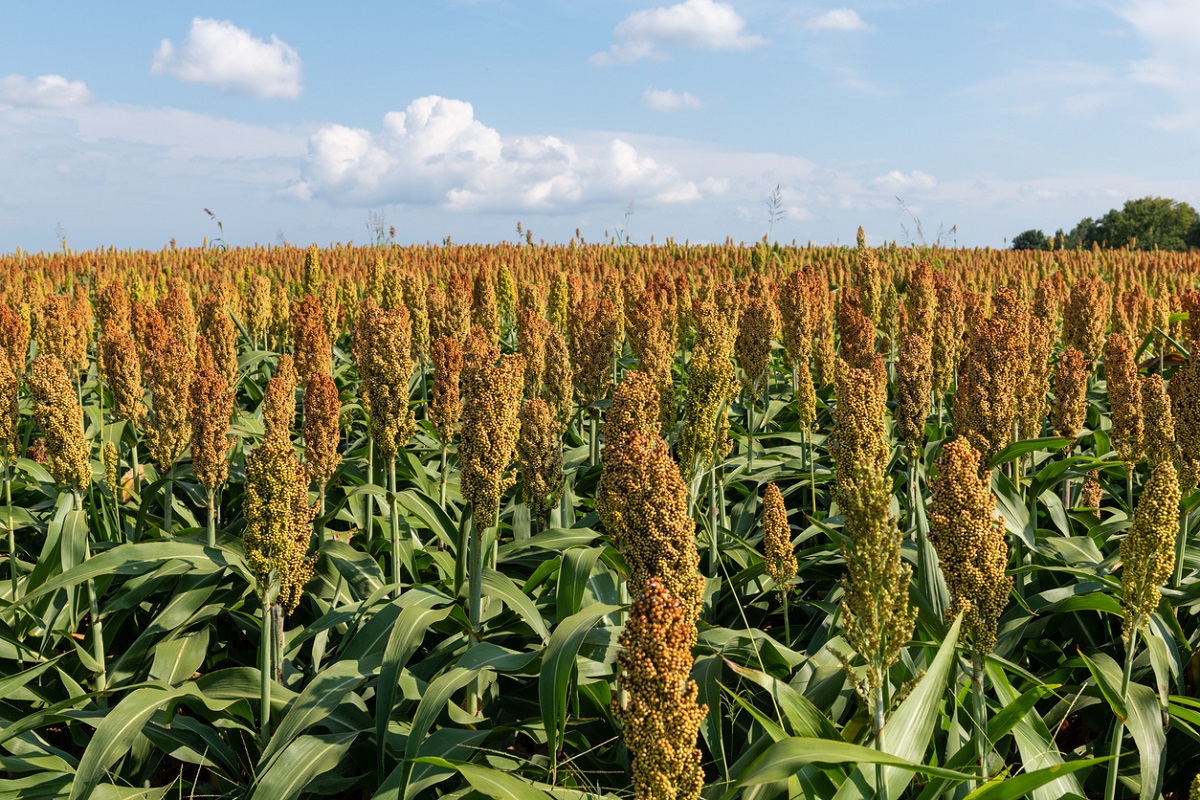
Scientists Determine Successful, Cost-Efficient Biofuel Production
April 8, 2020| |
Berkeley Laboratory scientists designed simulations to determine how much biofuel is needed for the whole bioproduct extraction process to be labeled as cost-efficient. Their results showed that the target levels are actually modest and within reach.
The development of biofuels over the past years is part of the strategy to decrease the demand for petroleum-based gasoline, diesel, and jet fuels. However, biofuels are yet to reach the level where they can compete with petroleum-based fuels in terms of cost production. Conventional biofuel production often involves genetically engineered plants that can produce essential chemical compounds, or bioproducts. These bioproducts are extracted from the plant, and the remaining plant parts are converted into fuel. This led scientists from the Berkeley Laboratory to investigate exactly how much bioproduct does a plant need to determine if the whole extraction process to be determined efficient, and how much bioproduct should be produced to reach the target ethanol selling price of USD 2.50 per gallon.
To do this, the researchers studied existing data of well-studied plant-based bioproduct production. They used this data to make simulations that will determine the factors involved in extracting bioproducts using the context of bioethanol refinery, which means that bioproducts will be extracted from the plant and the remaining plant materials will be converted to ethanol. Their results determined that the bioproduct levels needed to accumulate in plants to offset the production cost recovery is quite feasible. Using limonene as an example, they calculated that an accumulated 0.6% of biomass dry weight would already produce net economic benefits to biorefineries. To illustrate, it means harvesting 10 dry metric tons of sorghum mass from one acre will only need 130 pounds of recovered limonene from that biomass to say that the whole production process is efficient.
According to the scientists, this new finding can provide new insights into the role of bioproducts to improve biorefinery economics. The results also offer the first quantitative basis for implementation of this cost-saving strategy for future studies on plant-based biofuel breeding and engineering. The scientists also recommended that crops need to be engineered to produce a broad range of bioproducts in order to provide options and diversify products in the market.
The news was released by Berkeley Lab while the study's details are published in PNAS.
| |
You might also like:
- Scientists Double Sorghum Grain Yields by 200%
- Discovery of Bacterial Mechanisms Leads to Cytotoxicity Tolerance in Biofuels
- NTU Researchers Genetically Modify Key Protein in Plants to Increase Seed Oil Yield
Biotech Updates is a weekly newsletter of ISAAA, a not-for-profit organization. It is distributed for free to over 22,000 subscribers worldwide to inform them about the key developments in biosciences, especially in biotechnology. Your support will help us in our mission to feed the world with knowledge. You can help by donating as little as $10.
-
See more articles:
-
News from Around the World
- Continuous Adoption of GE Crops Confirms Coexistence is Attainable
- Science Media Centre Malaysia Launched
- Indian Experts Develop Nutritious Drought Tolerant Chickpea
- Rothamsted Research Study Shows White Flour is Healthiest It's Been in 200 Years
-
Research Highlights
- Study Identifies New Mechanism for Temperature Sensing in Plants
-
Plant
- CRISPR-Cas9 Used to Transform Normal Maize to Waxy Version
- Scientists Determine Successful, Cost-Efficient Biofuel Production
- Gene Editing of Three BnITPK Genes in Oilseed Rape Reduces Phytic Acid in Seeds
-
Health
- Researchers Turn to Cell-free Biotechnology to Accelerate COVID-19 Therapeutics
- Native Australian Plant Paves Way for Vaccine Development Against COVID-19
-
Read the latest: - Biotech Updates (January 21, 2026)
- Gene Editing Supplement (December 17, 2025)
- Gene Drive Supplement (February 22, 2023)
-
Subscribe to BU: - Share
- Tweet

